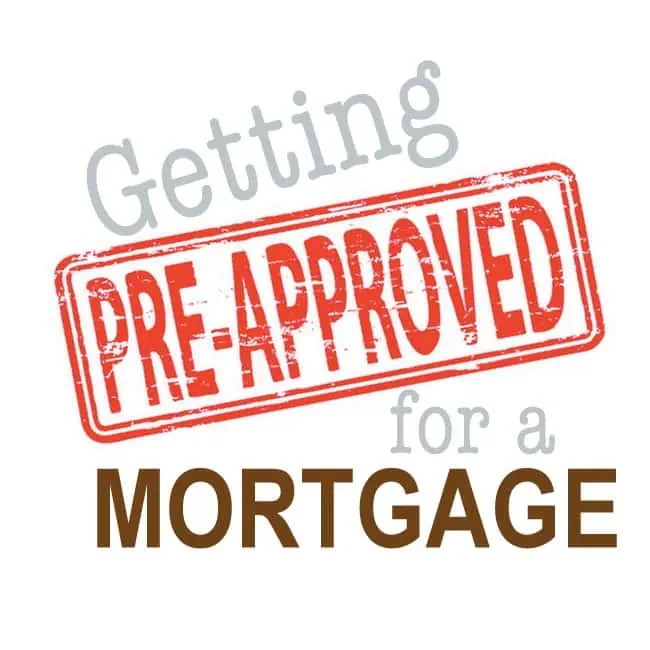Key Findings
- The average rent across the United States is $1,050 a month
- The average mortgage payment in the U.S. is $992/month
- At $2,600/month on average, Sunnyvale, CA has the highest rent in the country
- Gadsen, AL has the lowest rent in the U.S. at $430/month on average
- Mortgage repayments are highest in and around Washington, D.C., at more than $2,000/month on average
- Property taxes, utilities, and insurance add an average of $563 to the cost of owning a home
- Homeowners tend to make 90% more than renters ($98,700 versus $51,700, on average)
- Renters spend an average of 32% of their disposable income on housing, while homeowners spend an average of 20%
- In 333 out of 335 cities studied, homeowners spend less of their income on accommodation than renters
It’s a question at the heart of many debates and countless articles: Is it better to buy (if you can afford it) or to rent (if you can’t)? Which is more financially beneficial? Which is actually more affordable, and why?
One way to think about this debate is to take the average home price in each state, then estimate your repayment based on some assumptions (e.g., 20% down payment, 3% interest over 30 years, etc.), then finally, compare that number to average rent prices.
But that comparison alone doesn’t tell us the true value of renting.
What does? We looked at 335 of the biggest cities and metropolitan areas in the United States and broke down how rent levels compare to mortgage rates, how they stack up against typical incomes in each of these areas, and more.
$400 in Alabama, $2,500 in California: How American Cities Compare on Rent
The average cost of rent across the country is $1,050 a month. Cities where rent is nearest the nationwide average are Modesto, CA ($1,047), Iowa City, IA ($1,057), and Houston, TX ($1,058).
(Note: Most of the housing data in this article come from the U.S. Census American Community Survey.)
Among the 335 major metropolitan areas we profiled, where is rent cheapest? That would be Gadsden, AL, where typical rent was around $400 per month. Among areas with the lowest rent in the country are towns in Missouri and North Carolina
And then you have the other extreme. Places bemoaned for the high cost of living are mostly situated in California, with Sunnyvale, CA grabbing the top spot with an average of $2,600/month. San Jose sits closely behind, featuring rents around the $2,300/month mark.
| City | Avg. Rent | City | Avg. Rent | |
| Gadsden, AL | $400 | Sunnyvale, CA | $2,600 | |
| Johnstown, PA | $430 | San Jose, CA | $2,400 | |
| Decatur, IL | $495 | Cambridge, MA | $2,300 | |
| Rocky Mount, NC | $500 | San Francisco, CA | $2,000 | |
| Joplin, MO | $500 | Hayward, CA | $2,000 | |
| Hickory, NC | $500 | Napa, CA | $1,900 | |
| Youngstown, OH | $500 | Huntington Beach, CA | $1,900 | |
| Monroe, LA | $500 | Ventura, CA | $1,800 | |
| Lima, OH | $500 | Pasadena, CA | $1,800 | |
| Decatur, AL | $500 | Rancho Cucamonga, CA | $1,800 |
Only one of the top 10 places with the highest rent in the country is not in California. Surprisingly enough, it’s not New York City, but rather a little college town in Massachusetts we call Cambridge. Rent in the city that’s home to Harvard and MIT is the third highest in the country, averaging $2,200 per month.
Moving far away?
Do it cheaper.
HireAHelper.com can save you up to 40%, compared to traditional interstate van lines.
Compare our long distance moving company options.
$992 a Month: The Typical Mortgage Repayment in the United States
How much is a typical monthly mortgage repayment? Excluding utilities like electricity, water, heating, the national average of a U.S mortgage is around $992/month.
But it’s not that simple of a figure. Needless to say, buying a home requires putting a substantial amount of money towards the down payment, and fulfilling a set of financial requirements more stringent than those usually applied to prospective renters.
“Only one of the top 10 places with the highest rent in the country is not in California.”
Whether due to these factors, declining mortgage interest rates, or even the impact of COVID on the real estate market, mortgage repayments tend to come in lower than rents.
Being somewhat proportional to the home values, mortgage repayments are usually highest in cities, where homes cost more. However, since we decided to look at actual mortgage payments rather than estimating these figures from home prices alone, our results look somewhat different than you might expect.
The two cities with the highest mortgage repayments are in or near the capital of the U.S.: Alexandria, VA ($2,367) and Washington, D.C. ($2,077).
The rest of the top 10 is mostly made up of cities in the San Francisco Bay Area, with exceptions being Seattle, WA, Stamford, CT, and another satellite location Washington, D.C., Arlington, VA, where a typical mortgage repayment is $1,863.
| City | Avg. Mortgage Repayment | City | Avg. Mortgage Repayment | |
| Flint, MI | $223 | Alexandria, VA | $2,367 | |
| Detroit, MI | $283 | Washington, D.C. | $2,077 | |
| Johnstown, PA | $369 | San Jose, CA | $2,064 | |
| Charleston, WV | $396 | Seattle, WA | $2,035 | |
| Brownsville, TX | $398 | Sunnyvale, CA | $2,024 | |
| Homosassa Springs, FL | $413 | San Francisco, CA | $1,985 | |
| Gadsden, AL | $420 | Stamford, CT | $1,978 | |
| Edinburg, TX | $431 | Hayward, CA | $1,971 | |
| Youngstown, OH | $436 | Arlington, VA | $1,863 | |
| Bangor, ME | $453 | Oakland, CA | $1,844 |
Cities where home prices and mortgage payments are lowest are mostly situated in the Midwest or the South of the country, including cities like Flint and Detroit, both in Michigan, and Brownsville and Edinburg, both in Texas.
Rent or Buy: How Rent and Mortgage Payments in Each City Compare
Now that we’ve established how much renters and homeowners pay in different parts of the country, let’s look at how rent and mortgage payments compare in each city. Where do renters outspend homeowners and which cities are typical mortgage payments higher than rents?
Based on our analysis, typical rent is higher than a typical mortgage payment in more than half of the cities we looked at (56%, or 187 out of 335 cities analyzed), with the average rent being about 6% higher than the average mortgage payment.
Compared to homeowners, renters pay the most in cities in Michigan and Florida. In Flint and Detroit, renters pay more than twice as much in rent as typical homeowners pay in their mortgage payments.
Rent in cities like Homosassa Springs, FL and Sarasota, FL tends to be about 1.6 times higher than a typical mortgage payment in the same city.
| City | Avg. Rent | Avg. Mortgage Payment | % difference |
| Flint, MI | $535 | $223 | +140% |
| Detroit, MI | $650 | $283 | +130% |
| Flagstaff, AZ | $1,100 | $620 | +77% |
| Homosassa Springs, FL | $700 | $413 | +69% |
| Allentown, PA | $930 | $567 | +64% |
| Sterling Heights, MI | $1,100 | $677 | +163% |
| Sarasota, FL | $1,200 | $744 | +61% |
| Bangor, ME | $730 | $453 | +61% |
| Punta Gorda, FL | $900 | $575 | +57% |
| Cape Coral, FL | $1,100 | $720 | +53% |
Conversely, here are the cities, where payments on mortgages are higher than rents. Top among them is Stamford, CT, where homeowners pay almost a third (30%) more than renters!
In cities like Chicago, IL and Little Rock, AR rent is around 20% lower than a typical monthly payment on a mortgage. Two of the cities where homeowners pay more than renters are in the political capital of the U.S.: Washington, D.C. and Alexandria, VA.
| City | Avg. Rent | Avg. Mortgage Payment | % difference |
| Stamford, CT | $1,400 | $1,978 | -29% |
| Alexandria, VA | $1,800 | $2,367 | -24% |
| Sioux Falls, SD | $760 | $988 | -23% |
| Auburn, AL | $670 | $851 | -21% |
| Chicago, IL | $1,000 | $1,263 | -21% |
| Little Rock, AR | $700 | $870 | -20% |
| Fayetteville, AR | $700 | $867 | -19% |
| Newark, NJ | $1,000 | $1,231 | -19% |
| Yuba City, CA | $880 | $1,080 | -19% |
| Washington, DC | $1,700 | $2,077 | -18% |
Wondering what the average rent is like where you live? Want to find a typical mortgage repayment in a city you’re interested in?
See the full results of our study, check the interactive table below, where you can see how much people in the 335 cities we profiled pay in rent, mortgage payment, and how the two compare.
More Than Just a Mortgage: The True Cost of Home Ownership
So, which is ultimately cheaper: renting or owning a home?
If you were to take mortgage repayments as we listed above and simply compared that to rental prices, you’d notice that a lot of the time, they’re not super different. On average, across the 335 cities we profiled, rents are only 6% higher than mortgage repayments. And in almost half the cities (44%), rents are lower than typical mortgage repayments.
“Homeowners make about twice as much as renters, roughly $98,700 a year before taxes, as compared to an average income of $51,700 a year before taxes for renters.”
However, as most homeowners might tell you, your mortgage might be the biggest cost… but it is only one part of all the expenses that go towards owning and maintaining a home. And they would be 100% right.
According to the figures from the U.S. government census’ American Community Survey, insurance, real estate tax, and utilities contribute an average of $563 to living costs every month. With all this considered, a truer average cost of owning a home in the U.S. is around $1,556 a month.
You can argue that renters pay utilities out of pocket too. But even if we add those up, the average amount renters pay every month rises by $185 to $1,143 a month, which is still some 26% lower than homeowners fork out each month.
A Tale of Two Incomes: Honestly Measuring Housing Affordability in the U.S.

With the average utility bill, taxes, and other typical costs included, the average cost of homeowning in the U.S. is about $1,556 a month, while renting is $1,143 a month.
True as that may be in nominal terms, there’s one critical aspect to consider in deciding which is more affordable: household income.
Even without looking at the data, you can easily imagine that the income of renter households is likely lower than those of homeowners. Renters tend to be younger, earlier in their careers, more likely to be single, etc.
But the real kicker is just how much lower the income of those who rent tends to be. Homeowners make about twice as much as renters, roughly $98,700 a year before taxes, as compared to an average income of $51,700 a year before taxes for renters.
“…a typical homeowner spends only about 20% of their income on housing costs. For renters, that estimate is 32%!”
When you consider this fact, the $400 “premium” homeowners pay in housing costs doesn’t seem that large. In fact, when you account for taxes and average the income out by month, a typical homeowner spends only about 20% of their income on housing costs. For renters, that estimate is 32%!
That means renters spend over almost one-third of their estimated take-home pay to cover their accommodation costs, despite the oft-repeated personal finance mantra of spending “no more than 30%” on your total living costs.
It’s worth noting that among the 335 cities we profiled, only in two of them is renting more affordable than owning a home: Jersey City, NJ and San Francisco, CA. And in both cases, the difference between what renters spend is merely about 1% under what homeowners spend.
Most and Least Affordable Cities To Rent, Based on Average Income
Now, instead of looking at rent levels and mortgage repayments in isolation, let’s consider affordability as a relative measure. If we express housing costs of renters and homeowners as a percentage of their incomes, which cities would be most and least affordable?
The cities with the most affordable rent with regards to people’s income are in the Midwestern states of Missouri, Wisconsin, and Ohio, with the most affordable being Jefferson City, MO. In most of the top 10, the rent and housing costs are under the recommended 30% of disposable household income.
| City | Rent as % of income | City | Rent as % of income | |
| Jefferson City, MO | 26.7% | Waterbury, CT | 62.3% | |
| Sheboygan, WI | 27.5% | Antioch, CA | 59.8% | |
| Eau Claire, WI | 27.5% | Moreno Valley, CA | 57.8% | |
| Wenatchee, WA | 28.6% | Iowa City, IA | 56.5% | |
| Houma, LA | 29.0% | Newark, NJ | 55.6% | |
| St. Joseph, MO | 29.4% | New Haven, CT | 54.6% | |
| Mansfield, OH | 29.4% | Flint, MI | 54.2% | |
| Sioux Falls, SD | 29.5% | Allentown, PA | 53.6% | |
| Lima, OH | 29.9% | Jackson, MI | 53.1% | |
| Wausau, WI | 30.4% | Bridgeport, CT | 51.5% |
And the least affordable cities for renters aren’t what you may think. Sure, some of them are in California and more specifically in the Bay Area. For example, costs for renters in Antioch, CA average almost 60% of their estimated disposable income.
However, among cities with unaffordable rent levels are cities not exactly known for their affluence, like Newark, NJ and Flint, MI, where housing costs for renters are over 55% of their household income.
Most and Least Affordable Cities To Buy, Based on Average Income
Turning back to homeownership, it seems to be most affordable in cities like Huntsville, AL, Decatur, IL, and Houma, LA, where housing costs account for less than 20% of the household income.
Among the least affordable cities for homeownership are Bridgeport, CT, Paterson, NJ, Miami, FL, and Los Angeles, CA. Homeowners in these four cities spend more than 36% of their disposable income on their homes.
| City | Ownership as % of income | City | Ownership as % of income | |
| Huntsville, AL | 19.6% | Bridgeport, CT | 36.9% | |
| Decatur, IL | 19.7% | Paterson, NJ | 36.3% | |
| Houma, LA | 19.7% | Miami, FL | 36.2% | |
| Decatur, AL | 19.8% | Los Angeles, CA | 36.1% | |
| Parkersburg, WV | 19.8% | Salinas, CA | 35.3% | |
| Odessa, TX | 19.9% | Newark, NJ | 35.0% | |
| Jefferson City, MO | 20.1% | Glendale, CA | 34.7% | |
| Michigan City, IN | 20.3% | Providence, RI | 33.7% | |
| Green Bay, WI | 20.3% | Pomona, CA | 32.9% | |
| Grand Rapids, MI | 20.3% | San Diego, CA | 32.8% |
Curiously enough, Newark, NJ is among the least affordable cities for homeowners as well as for renters. The percentage of their income homeowners in this city spend on their home is 6th highest in the country—35%. As the city with a reasonable commute to New York City is undergoing gentrification, the incomes of local residents might be struggling to keep up.
Housing affordability is a tricky concept. While mortgage repayments alone are lower than rents, it’s worth considering all the extra costs associated with homeownership that don’t factor into rentals. That said, if your income allows you to buy a home, chances are you’ll be spending less of it on your housing.
We’re not in the position to give financial advice, but if you’re considering moving to a place looking for greater affordability, you should consider spending less on your move before you even settle in.

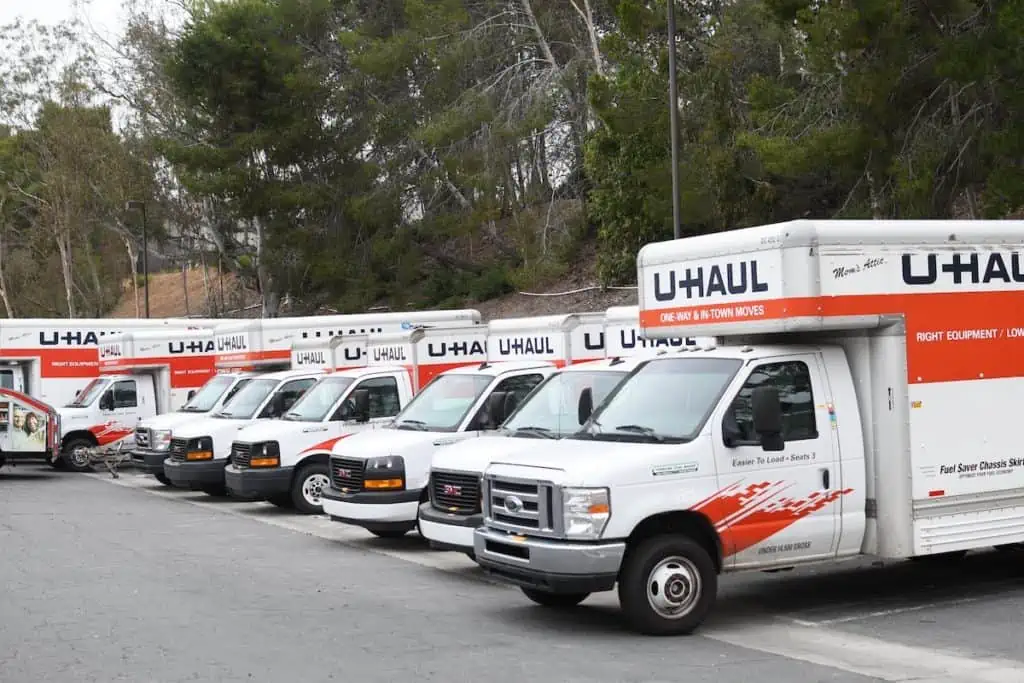
 Nearly a quarter (23%) of those who regret moving feel that way because it meant leaving their previous home. This sentiment is most common among those who moved to save money on housing costs.
Nearly a quarter (23%) of those who regret moving feel that way because it meant leaving their previous home. This sentiment is most common among those who moved to save money on housing costs. Home size (41%) and layout (38%) are the second and third most appreciated aspects of a new residence, while roughly a third pointed out they’re happy about the amenities in their home (32%) and the local area (30%).
Home size (41%) and layout (38%) are the second and third most appreciated aspects of a new residence, while roughly a third pointed out they’re happy about the amenities in their home (32%) and the local area (30%).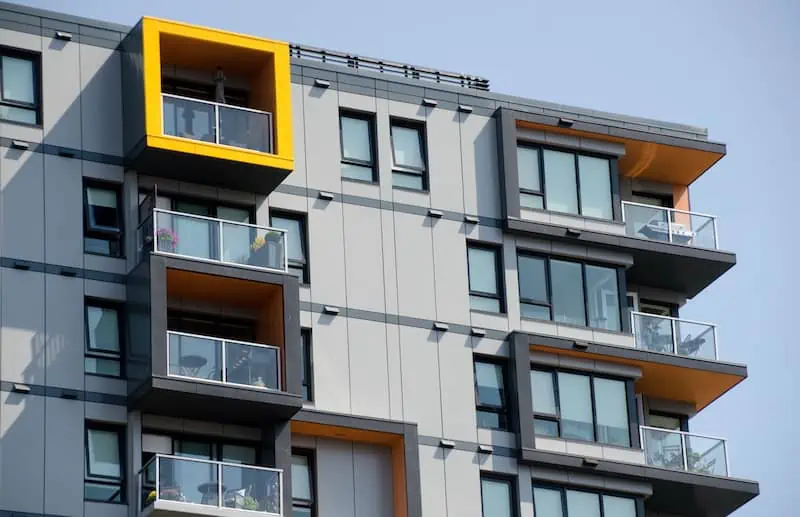






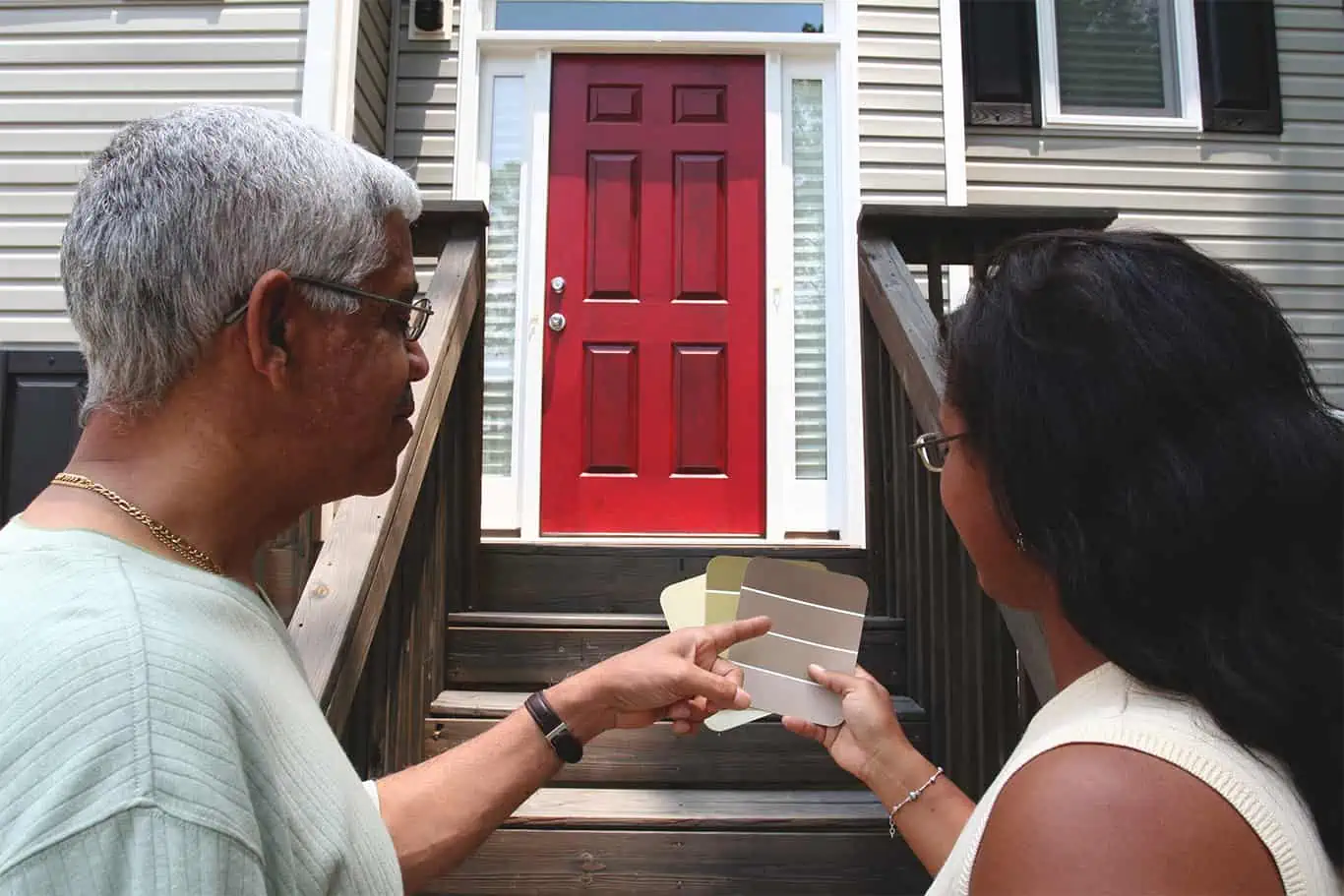
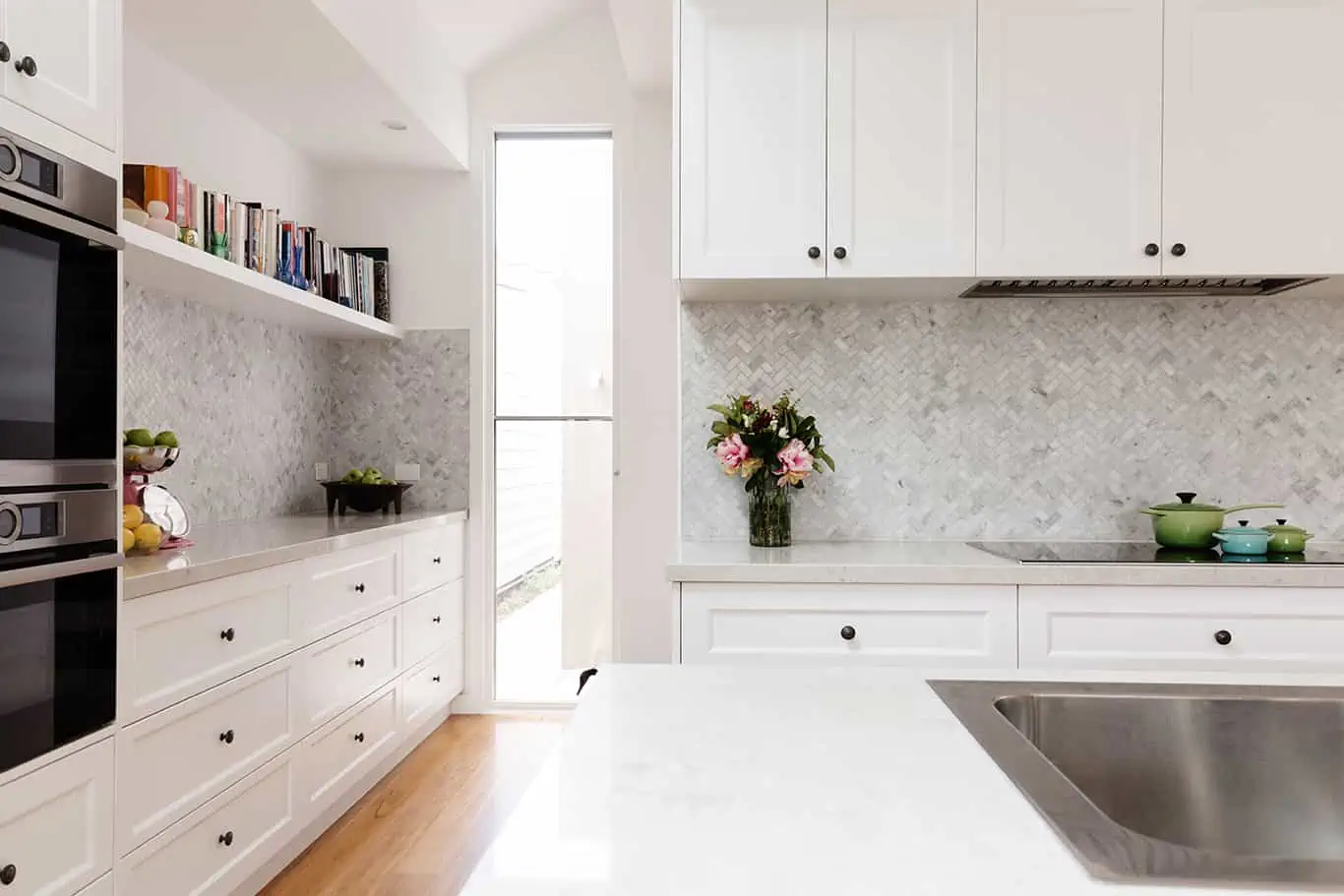

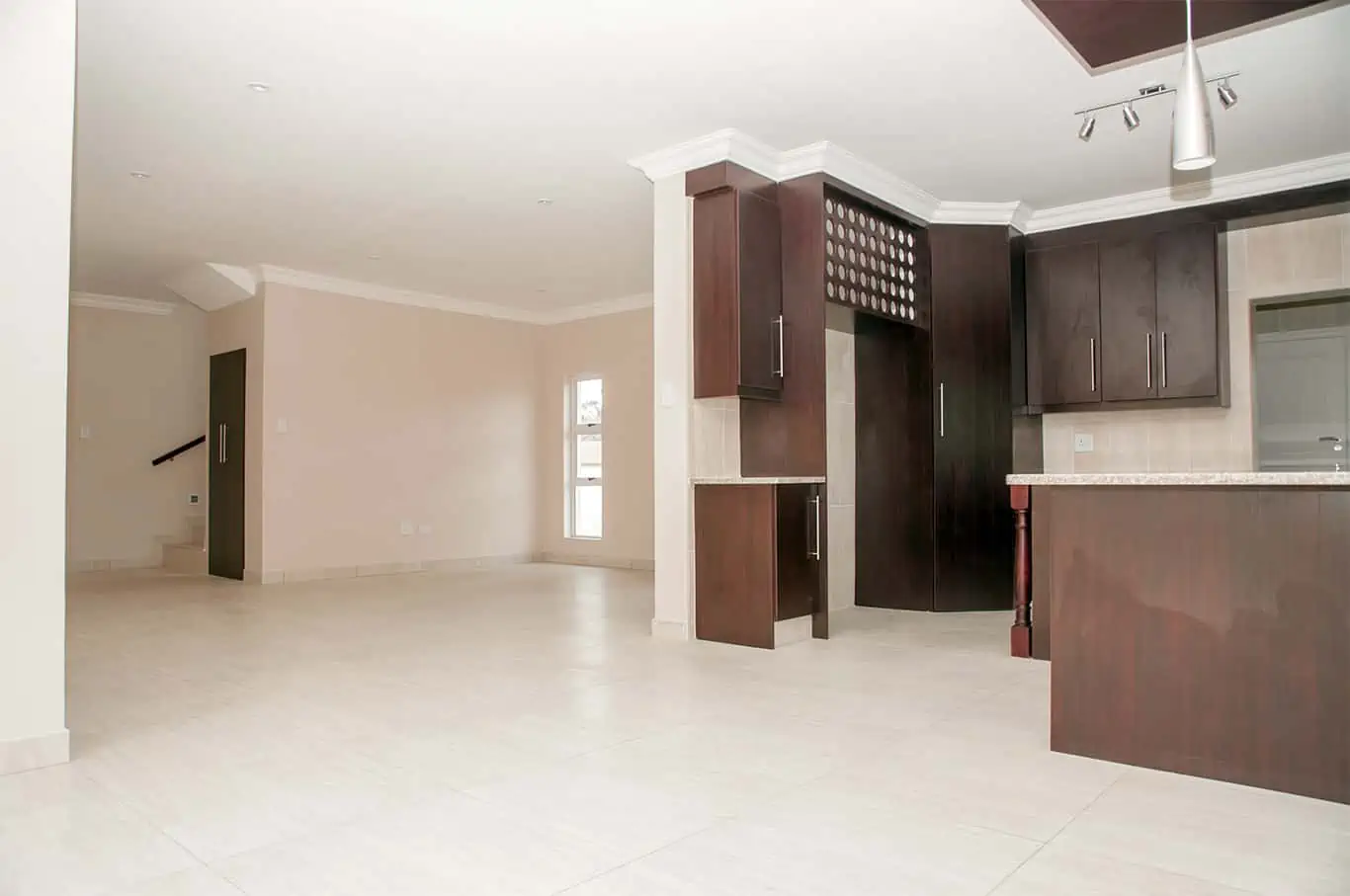




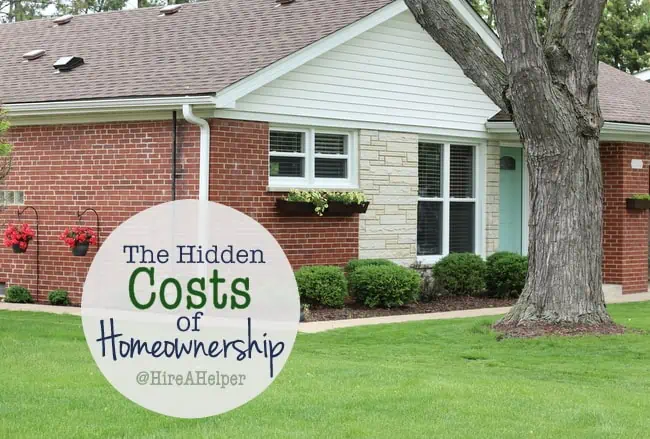
 Lately, we’ve been chatting all about
Lately, we’ve been chatting all about 